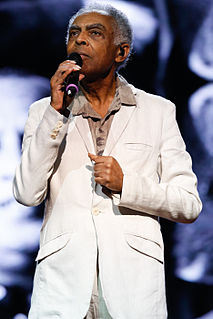A Quote by Henry Kissinger
I don't ascribe to myself any special competence in economic insight. I translate what I hear from highly intelligent people into political and philosophical propositions.
Related Quotes
Philosophy aims at the logical clarification of thoughts. Philosophy is not a body of doctrine but an activity. A philosophical work consists essentially of elucidations. Philosophy does not result in 'philosophical propositions', but rather in the clarification of propositions. Without philosophy thoughts are, as it were, cloudy and indistinct: its task is to make them clear and to give them sharp boundaries.
In the first place a philosophical proposition must be general. It must not deal specially with things on the surface of the earth, or within the solar system, or with any other portion of space and time. . . . This brings us to a second characteristic of philosophical propositions, namely that they must be a priori. A philosophical proposition must be such as can neither be proved nor disproved by empirical evidence. . . . Philosophy, if what has been said is correct, becomes indistinguishable from logic as that word has now come to be used.
Through all the years that I spent formulating my philosophical system, I was looking desperately for “intelligent agreement” or at least for “intelligent disagreement.” I found neither. Today, I am not looking for “intelligent disagreement” any longer ... What I am looking for is intelligent agreement.
Highly intelligent and well-informed people disagree on every political issue. Therefore, intelligence and knowledge are useless for making decisions, because if any of that stuff helped, then all the smart people would have the same opinions. So use your "gut instinct" to make voting choices. That is exactly like being clueless, but with the added advantage that you'll feel as if your random vote preserved democracy.
The ends of scientific classification are best answered, when the objects are formed into groups respecting which a greater number of general propositions can be made, and those propositions more important, than could be made respecting any other groups into which the same things could be distributed. ... A classification thus formed is properly scientific or philosophical, and is commonly called a Natural, in contradistinction to a Technical or Artificial, classification or arrangement.
When you are influential and highly respected, people tend to tell you what you want to hear, not what you need to hear. They are seeking your approval, or they flatter you. Unfortunately, this creates a gap between what you hear and reality. If you find yourself in that situation, you will need to work extra hard to get the people close to you to speak honestly into your life. And you will have to become highly intentional in observing and listening.
You can always tell gifted and highly intelligent people as they always turn to the past. Any young person who knows anything that happened before 1980, or 1990, or 2000 for that matter, is immediately someone who is intelligent, probably creative, maybe a writer. Nobody who is drawn to the past and learning about the past is not gifted.
There are different interpretations of the problem of universals. I understand it as the problem of giving the truthmakers of propositions to the effect that a certain particular is such and such, e.g. propositions like 'this rose is red'. Others have interpreted it as a problem about the ontological commitments of such propositions or a problem about what those propositions mean.











































